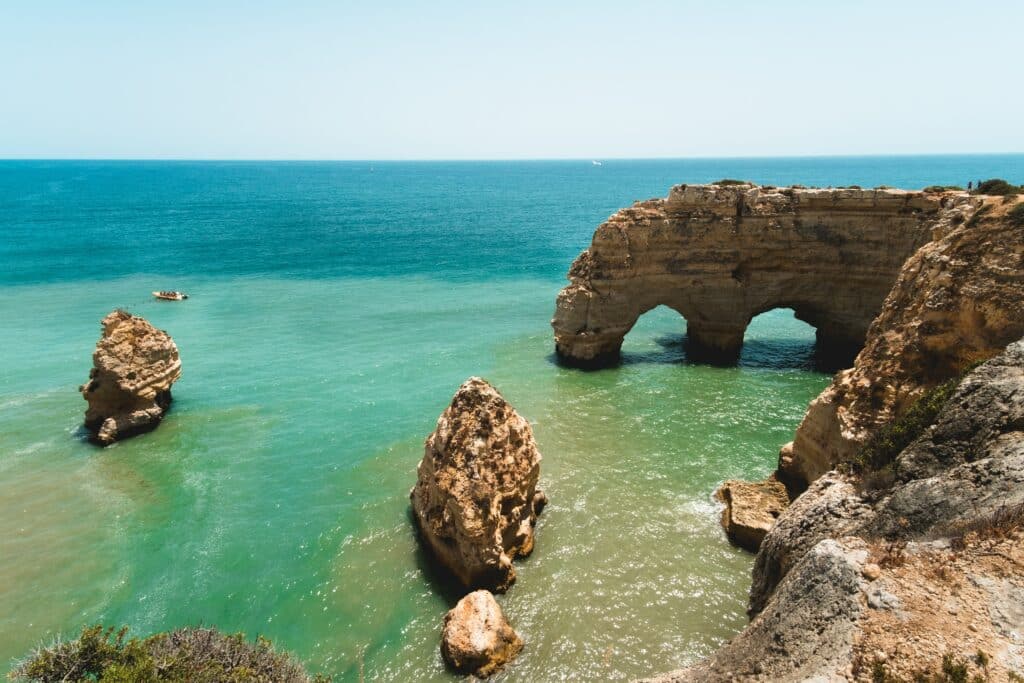CaboWork spoke with some young Cape Verdean professionals to better understand the current wave of emigration. Some interviewees requested that their statements be included while remaining anonymous.
It is precisely the case for a young Cape Verdean who lives in Sal Island and currently occupies a middle management position at a resort in Santa Maria city. He thinks that “better opportunities and living conditions” are the main reason young Cape Verdeans leave their country and, often, with their family and children, to give life abroad a chance.
Portugal and the opportunities for Cape Verdean professionals.

Many of the colleagues of our interviewee have recently taken part in a recruitment led by a Portuguese company, following news that the Algarve region required reinforcing its labour force with an extQua 5000 employees, and that Cape Verde and its workers from the Tourism sector were being eyed for such positions.
However, word of mouth tells us that the resort’s human resources director intervened and tried to “dissuade the collaborators from embarking on such an adventure”.
According to ‘CVE—Cabo Verde Empresas’ (CVE—Cape Verde Companies), allowing Portuguese companies, or any others, to poach thousands of qualified Cape Verdean workers might be “a disaster for Cape Verde”. Andrea Benolli goes even further and leaves a message for the government of Cape Verde, “We are not a labour pool for the Algarve.”
The representative for the ‘Turismo do Algarve’ (Algarve Tourism) explained the preference for Cape Verdeans by mentioning their professional qualifications, which have proven to be up to standard, as well as the shared official language—Portuguese.
Another Portuguese company, Carris Metropolitana, has recently hired 60 bus drivers from Cape Verde to work in Portugal.
Cape Verdean professionals and their testimonies.
Following in the footsteps of several generations of Cape Verdeans, a single mother and young entrepreneur who was born in Santiago, and wishes to remain anonymous, recently decided to leave Cabo Verde and move to the United States.
“I would rather not see my daughter growing up in Cape Verde. I feel trapped. Opportunities are scarce. The absence of ethics in professional relationships bothers me, as well as the teaching methodology in schools, the lacking interisland connections, the insufficient access to products and raw materials, or the excessive bureaucracy in licensing and certifying companies, which threatens the viability of potential businesses. Hence, there are multiple reasons that led me to make this decision”, she explains.
Steven Lekhrajmal, from Mindelo, has likewise just accepted a job opportunity abroad. Not in Portugal, but working for a Dutch company. The youth is satisfied with his new position – “The work is hard, but it is the best thing that ever happened in my life. The pay is excellent, I work for three months at sea, and then I get to holiday in Cape Verde for a month.”, he recounts.
Roberto Nunes da Silva, former Cape Verdean emigrant in the USA, considers that such solutions can be beneficial for some people who are struggling financially, but “are not positive for the country. We can’t force young people out and just keep the elderly and the tourists”, he adds, establishing a football analogy. “We are like a small football company, with some good players, but lacking the conditions to retain them”, he claims.
Authorities with a favourable view.
The national authorities seem to have a different stance. The executive administrator of the Cape Verdean Job Institute (IEFP) sees the labour migration to Portugal with “good eyes”. Speaking to the Cape Verde news agency, Aldina Delgado stated that this is a “grand opportunity” for Cape Verdean youths and a way to diminish unemployment levels in the country.
The president of the ‘Câmara de Comércio, Indústria e Serviços de Sotavento’ (Chamber of Commerce, Industry and Services of the Sotavento Region) shares the same opinion. Marcos Barbosa argues that, on this matter, he “sees no issues”. In an interview with a Cape Verdean weekly newspaper, Barbosa claimed that “it is usual for Cape Verdeans to migrate to Portugal for work, as do the Brazilians and people from some Asian countries”.




